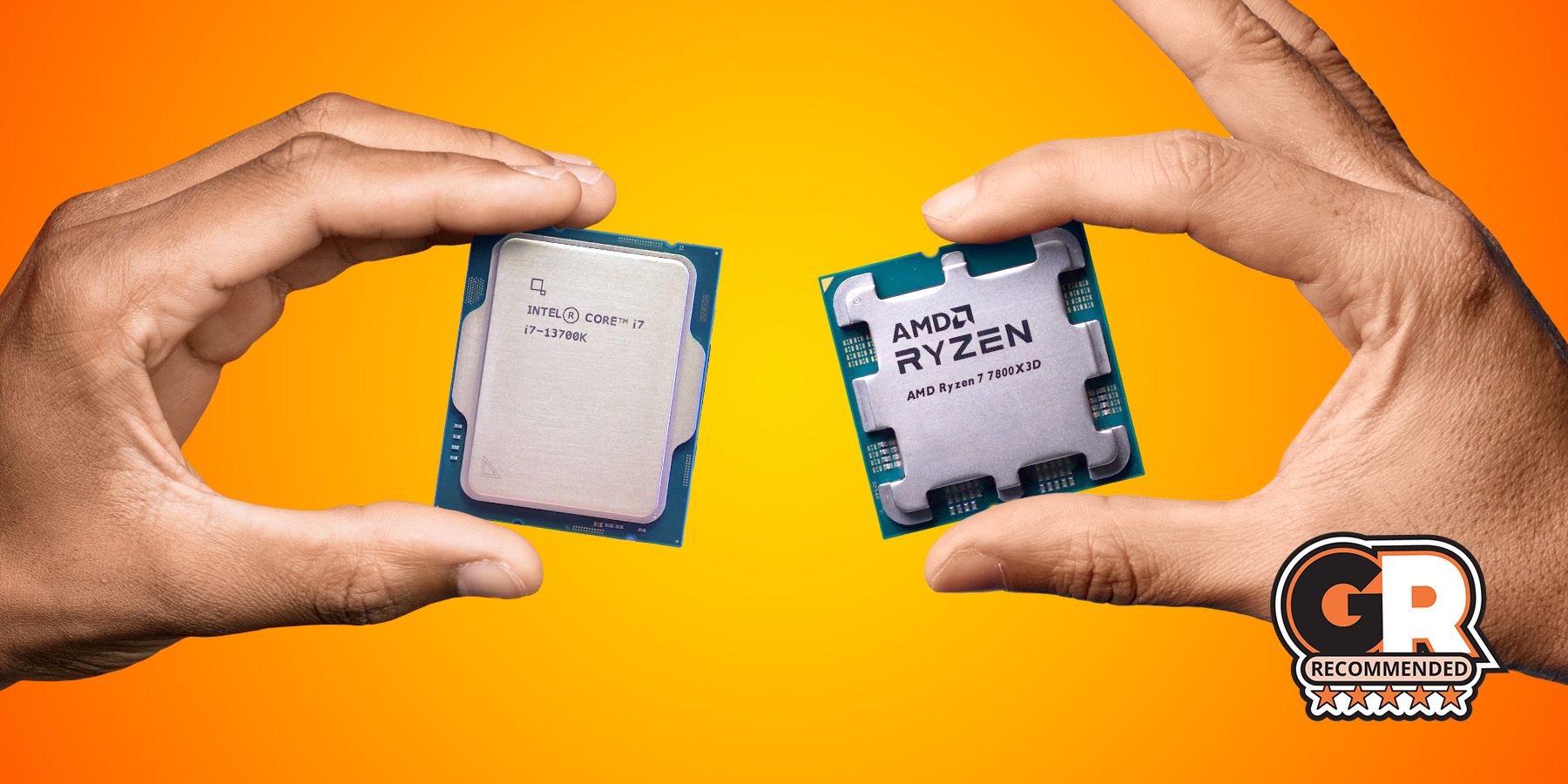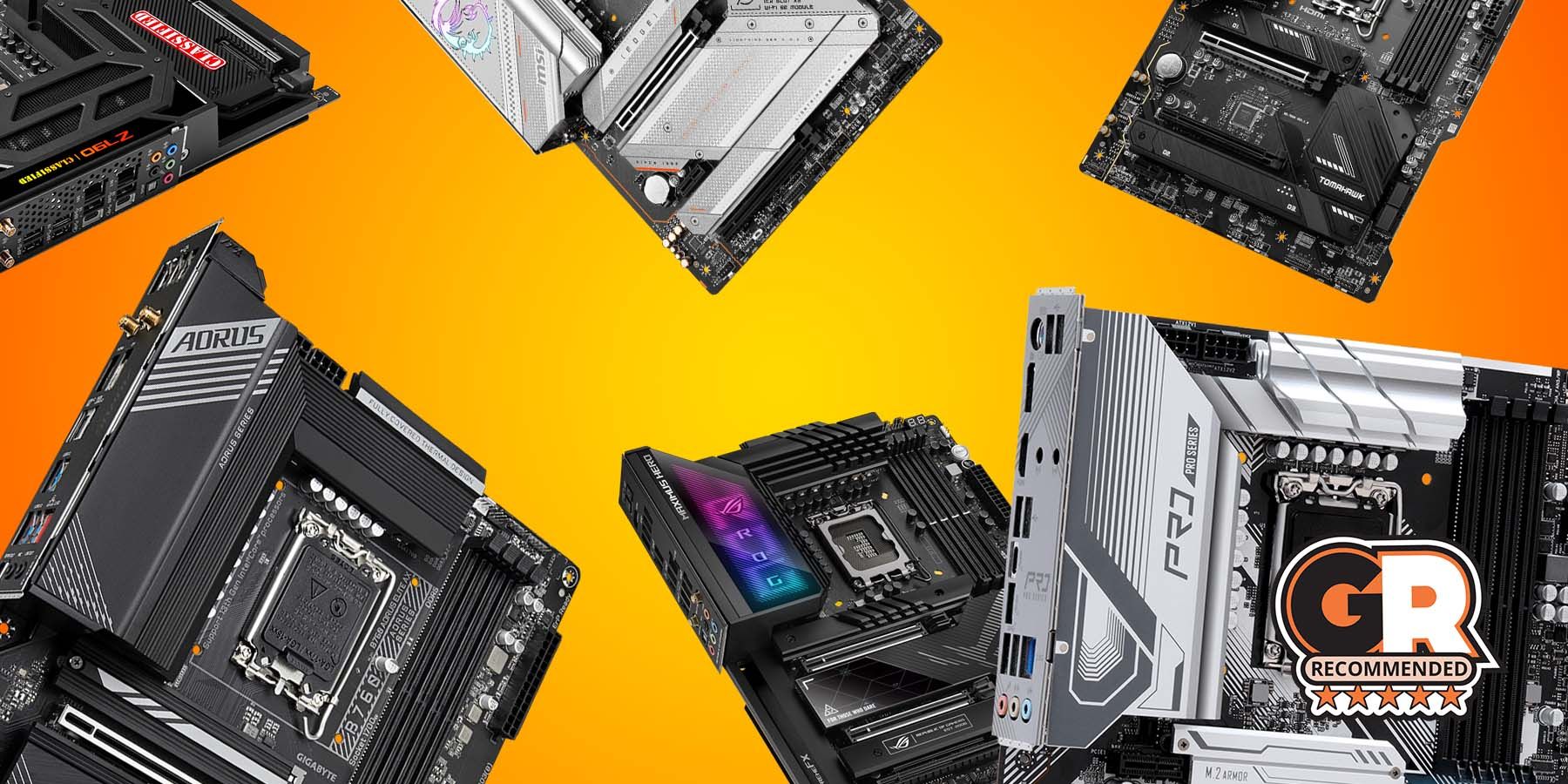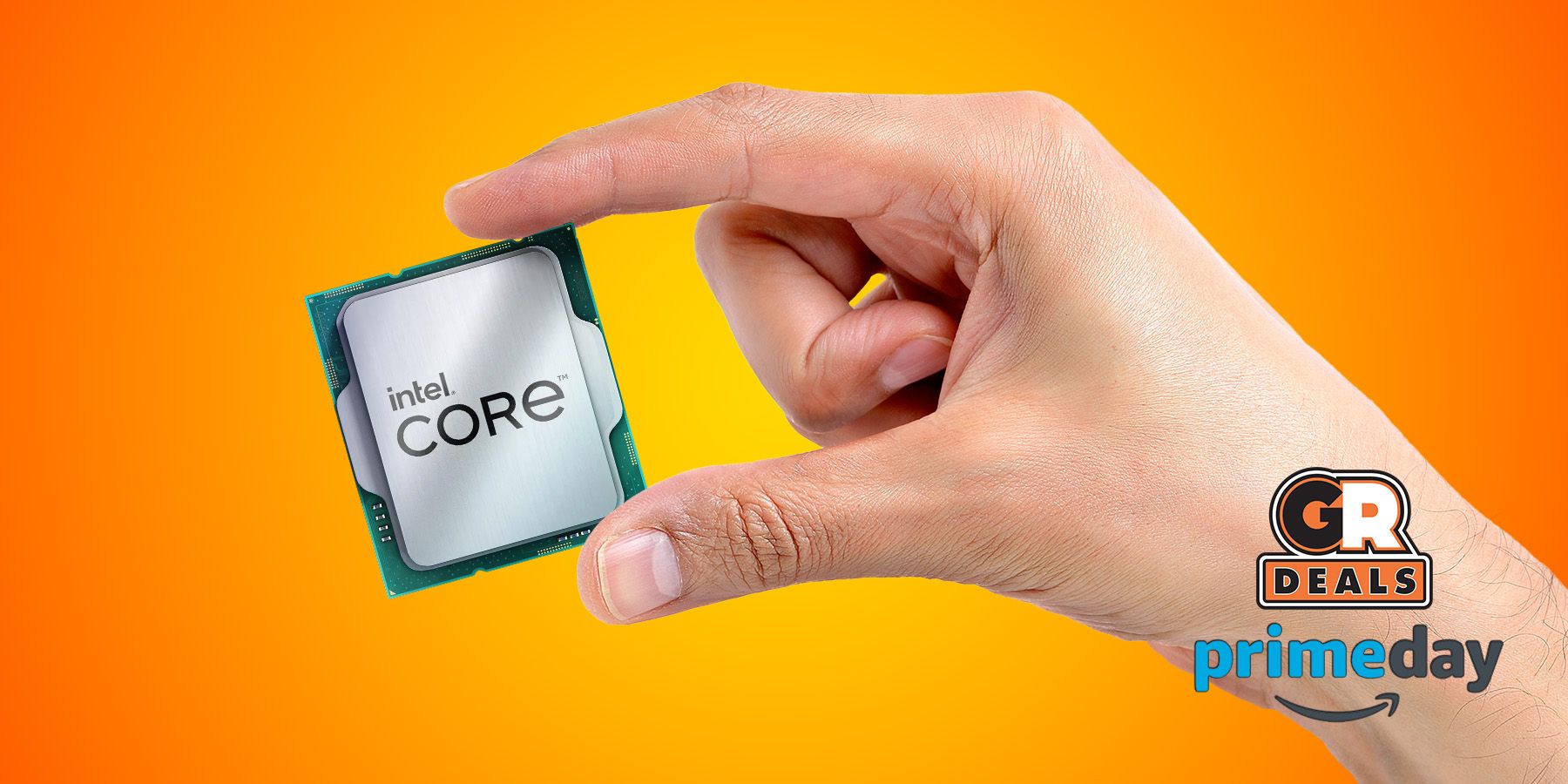
Intel Faces Potential Sales Ban in Germany Over CPU Patent Dispute

A recent court ruling in Germany could spell trouble for Intel as the tech giant faces the possibility of a sales ban for several generations of its CPUs. The outcome of this legal battle has significant implications for Intel's operations in the European market.
The Legal Battle Unfolds
In a surprising turn of events, Intel finds itself embroiled in a legal dispute that could have far-reaching consequences for its business in Germany. A recent court ruling has raised the specter of a sales ban affecting multiple generations of Intel CPUs, sending shockwaves through the tech industry.
The dispute stems from a patent infringement complaint filed by R2 Semiconductor, a microchip designer based in California. The German court's injunction has put a halt on the sales of select Intel Core CPUs, including popular models like Ice Lake, Tiger Lake, and Alder Lake. This development has left Intel scrambling to navigate the legal complexities and safeguard its market presence in one of Europe's largest economies.
Implications for Intel's Product Lineup
If the sales ban becomes permanent, Intel could face significant challenges in not only selling its affected processors to consumers but also in conducting B2B transactions. This would force the company to withdraw various laptop and desktop PC models from the market, impacting both end-users and business clients.
The affected CPUs, such as the Alder Lake lineup, have been lauded for their performance and value proposition. Despite the legal hurdles, these processors remain popular choices among consumers looking for reliable computing solutions. The potential ban could disrupt the availability of these sought-after products, creating a ripple effect in the industry.
R2 Semiconductor's Defense
In response to Intel's accusations, R2 Semiconductor's CEO, David Fisher, has vehemently denied any claims of patent trolling. Fisher asserts that the patent infringement complaint is a legitimate legal action and not a strategic move to undermine Intel's business. Moreover, he refutes Intel's insinuations about R2's business practices, emphasizing the company's commitment to defending its intellectual property rights.
Fisher's statements paint a picture of a principled defense against a tech giant's alleged infringement, highlighting the complexities of intellectual property disputes in the semiconductor industry. As the legal battle unfolds, both Intel and R2 Semiconductor are gearing up for a protracted struggle that could reshape the landscape of CPU technology in the market.













